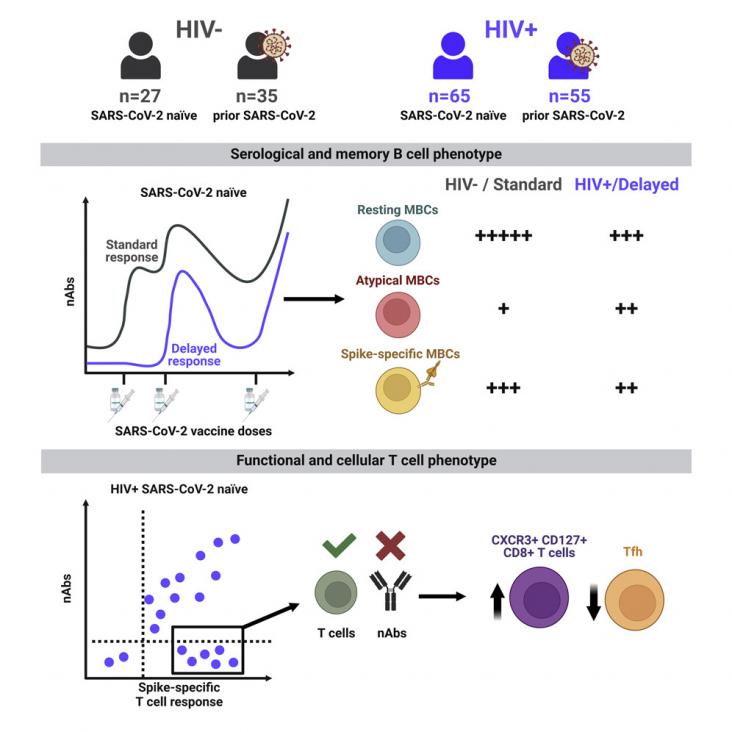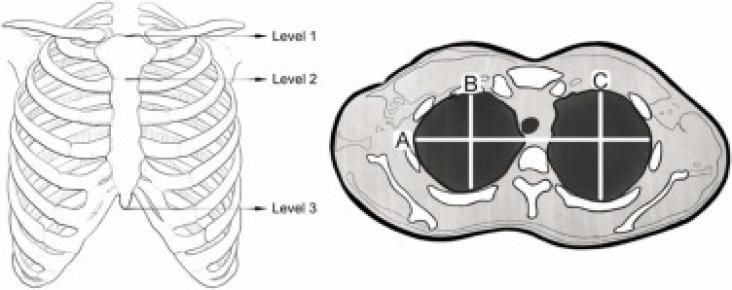Due to multiple cellular blocks in transcription, HIV-1 latency can only be reversed in a minor fraction of infected but potentially virus-producing CD4+ T cells from infected patients. New insights into the regulation of transcription elongation factor P-TEFb as a crucial rate-limiting step in the emergence of HIV-1 from latency may help design more effective latency reversal agents during HIV-1 infection.
This review supports SDG3 by detailing the current fundamental knowledge of HDV lifecycle and review antiviral treatments under development against this virus, outlining their respective mechanisms-of-action. Finally, it describes the antiviral effect these compounds are showing in ongoing clinical trials, discussing their promise and potential pitfalls for managing HDV infected patients.
This article supports SDG 3 by providing accurate folds of Hepatitis E Virus' five domains. The work highlights that there is no canonical protease encoded in pORF1 and that flexibility in several functionally important regions rather than proteolytic processing may serve to regulate HEV RNA synthesis
This article supports SDG 3 as chronic hepatitis B (HBV) and C virus (HCV) infections represent significant public health issues internationally. This paper aims to evaluate the efficacy of hepatitis B vaccination in HCV-related chronic liver disease and identify possible factors that may contribute to hypo-responsiveness in those patients.
This Article supports SDG 3 as the results show that two doses of the HEV 239 vaccine produces broad and likely functional immune responses against HEV that remain for at least two years. The safety profile was acceptable and a phase four study of HEV 239 in rural Bangladesh is feasible.
This article ties to SDG 3. This scoping review looks at the role of place in refugee mental health.

This paper looks at the effect of the SARS-CoV2 vaccination on people living in HIV, in terms of their immune responses.
This study investigated the survival and predictors of mortality among HIV/AIDS patients that started taking antiretroviral therapy.

Background: In patients with cystic fibrosis (CF), thoracic morphology and its role in respiratory function is conditioned by anthropometric factors, as well as by pathological changes. While the lungs are continuously monitored, examinations of potential thoracic cage adaptations to the disease are rare. Hence, the aim of this study was to investigate thoracic configuration, and its correlation to spirometry measures over time. Methods: In total, 344 high-resolution computed tomography (HRCT) examinations from 90 patients were assessed and analysed. Those results were subsequently related to spirometry measurements performed within the same period. Results: The cohort displayed no homogenous change in thoracic configuration over time, and correlation between thoracic area and spirometry variables could not be supported statistically. Conclusions: Although the current study included a larger cohort of patients with CF compared to previous studies on thoracic morphology, no patient group-specific changes in thoracic configuration were revealed. Furthermore, no correlations between structural findings and functional respiratory measurements were found.
The article discusses the urgent need for alternative food sources due to growing food security challenges exacerbated by overpopulation, pandemics, political conflicts, and climate change. Microalgae are highlighted as promising alternative protein sources due to their high protein content, essential amino acids, and environmental benefits. However, challenges like cultivation costs, protein extraction, and sensory qualities need to be addressed. The article advocates for the use of systems biology and artificial intelligence (AI) to optimize the growth and protein yield of microalgae, leveraging omics data and computational models for improved outcomes.
